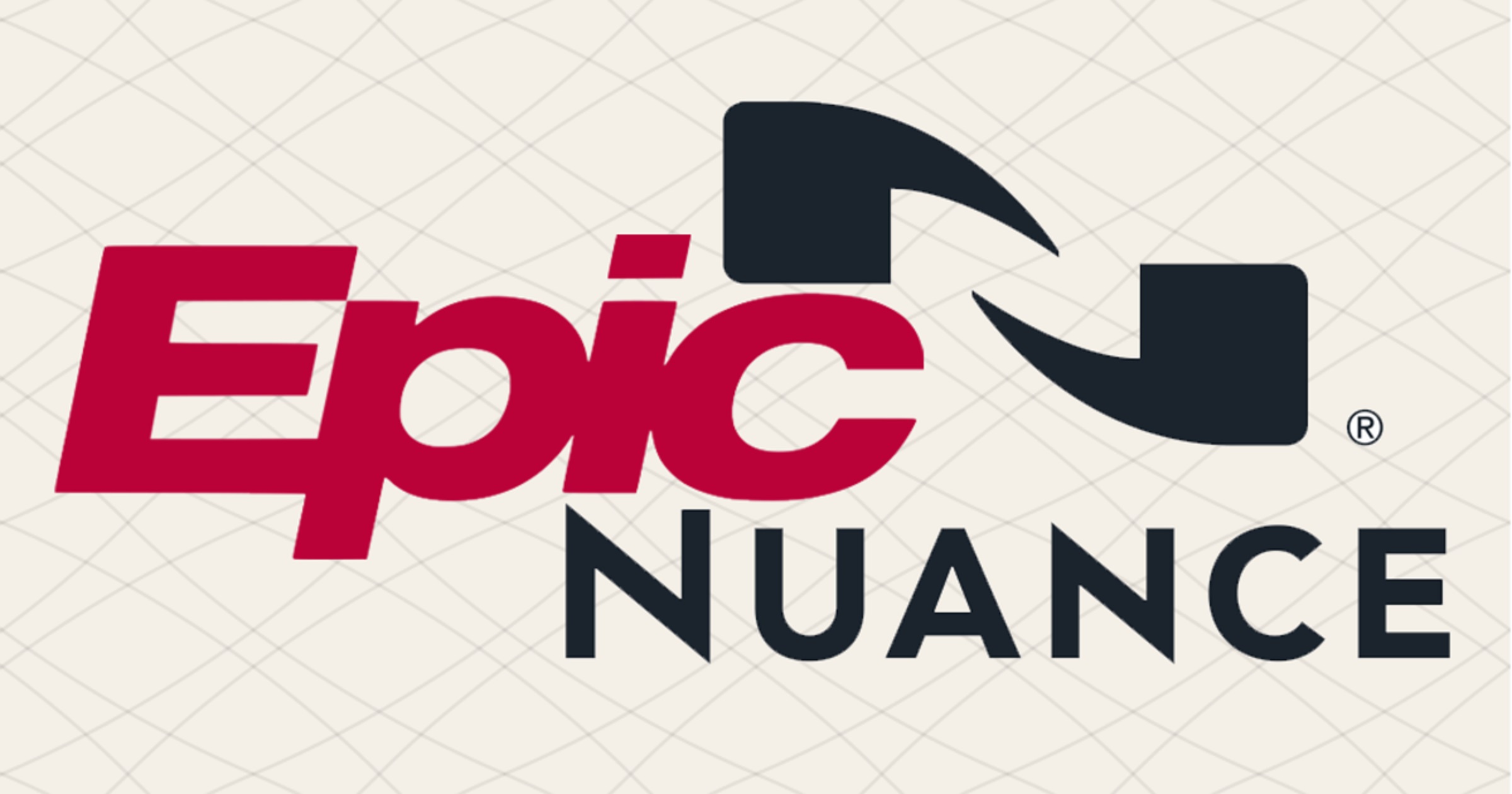
Epic and Nuance have partnered to expand the use of Nuance’s DAX Express technology among Epic customers. By integrating DAX Express into Epic workflows, the aim is to alleviate clinician burnout by reducing documentation burdens. DAX Express combines conversational and ambient AI with the GPT4 AI model, allowing providers to create draft notes automatically and securely during patient visits. This collaboration signifies a shift in healthcare, leveraging AI to streamline charting and enhance patient care while cautioning the careful implementation of AI in clinical settings.
Epic and Nuance have joined forces to expand the use of Nuance’s Dragon Ambient eXperience Express (DAX Express) technology among Epic customers. The integration of DAX Express into Epic workflows aims to address the challenges of burdensome documentation and administrative workloads faced by healthcare professionals, ultimately reducing clinician burnout.
The introduction of DAX Express for Epic marks a transformative shift in the healthcare landscape, according to Josh Wilda, Chief Digital and Information Officer at the University of Michigan Health-West. Wilda highlights the positive impact of ambient artificial intelligence (AI) from Nuance’s DAX solution, and with the addition of generative AI, providers will have even more options to leverage technology for improved outcomes for both patients and themselves. DAX Express has already demonstrated its ability to significantly reduce the time spent on clinical documentation while enhancing patient care and provider experiences.
DAX Express is a pioneering clinical documentation application that combines Nuance’s conversational and ambient AI with the powerful GPT4 AI model. Posted in Microsoft’s Azure OpenAI Service, this tool allows providers using Epic to automatically and securely create draft notes during patient visits, either in-person or via telehealth. The generated notes can be easily reviewed and completed for efficient clinical workflows.
By expanding the Dragon Medical portfolio and building on the success of DAX ambient technology, which was introduced in 2020, DAX Express represents a new initiative to leverage AI for streamlining charting, reducing administrative burdens, and enabling clinicians to focus more on patient care.
The partnership between Nuance and Epic spans over a decade, during which they have collaborated to integrate AI-enabled clinical documentation improvement into workflows. Healthcare organizations that have implemented ambient documentation tools, as showcased in various case studies, have reported tangible benefits such as improved efficiency, reduced after-hours charting time, and decreased burnout among physicians and nurses.
While GPT and generative AI hold immense potential for healthcare, caution is advised when implementing AI in clinical settings. Nonetheless, DAX Express will serve as a clinical workflow copilot for Dragon Medical One and Dragon Ambient eXperience users operating within Epic’s EHR, as both Nuance and Epic continue to work toward creating more efficient and intelligence-infused healthcare experiences for providers and patients at scale.
Dr. Hal Baker, Chief Digital Information Officer at WellSpan Health, emphasized that this collaboration will enable physicians to focus more on patient care while AI efficiently documents the encounter in the background, allowing each entity to contribute its expertise without delays. Sean Bina, Vice President of Patient Experience at Epic, added that meaningful conversations and mutual understanding form the foundation of quality care experiences. The combined power of conversational understanding, generative AI, and clinical context now presents an opportunity to generate high-quality documentation like never before.
The integration of DAX Express into Epic’s ecosystem was demonstrated at HIMSS23, where Epic showcased initial integrations based on GPT3. Epic also announced the integration of the Azure OpenAI Service with its EHR platform.
As healthcare organizations continue to explore AI’s potential, it is essential to balance the benefits with cautious implementation to ensure the utmost quality and safety in clinical settings.




